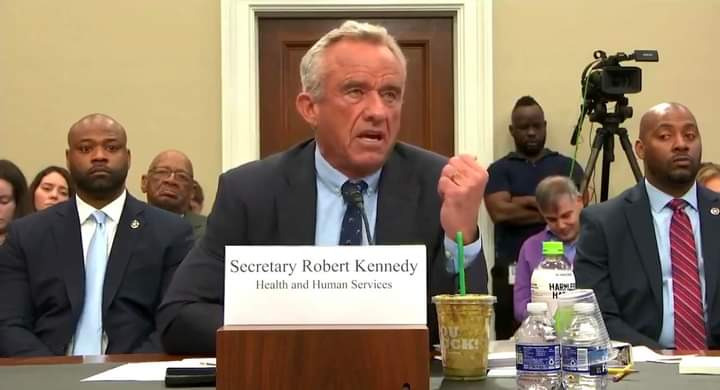The White House Easter Egg Roll, a beloved annual tradition, is taking a new direction this year with corporate sponsorships playing a central role. Historically funded through private donations, the event has largely relied on the support of the American Egg Board, which has provided tens of thousands of eggs each year. However, this year’s approach marks a significant shift as businesses are being invited to contribute financially in exchange for branding opportunities at the event.
Under this new sponsorship model, companies can invest between $75,000 and $200,000 to have their logos featured on event signage, souvenirs, and social media promotions. While corporate involvement in large public events is not uncommon, ethics experts note that direct advertising on White House grounds is an unprecedented move. The decision has sparked discussions about the commercialization of a tradition that has long been associated with children and families rather than corporate marketing.
The Easter Egg Roll, scheduled for April 21, has long been a highlight of springtime festivities in Washington, D.C. Hosted on the South Lawn of the White House, the event brings together thousands of families for games, storytelling, and, of course, the iconic egg rolling competition. Presidents and First Ladies have traditionally participated in the festivities, often reading to children and greeting attendees. The inclusion of corporate branding this year raises questions about how such sponsorships might alter the character of the event.
Despite the controversy, supporters argue that corporate funding could help ensure the longevity and expansion of the Easter Egg Roll. With rising costs for security, logistics, and event management, private sector contributions might provide the necessary resources to maintain the scale and quality of the celebration. However, critics worry that the growing presence of commercial interests could overshadow the event’s historical and cultural significance, shifting its focus from a family-friendly gathering to a branded spectacle.
As the event approaches, the debate continues over whether this shift represents a necessary evolution or a departure from tradition. While the White House has yet to release a full list of sponsors, the inclusion of corporate partnerships will undoubtedly set a new precedent for future administrations. Whether this change enhances or diminishes the cherished tradition remains to be seen.



